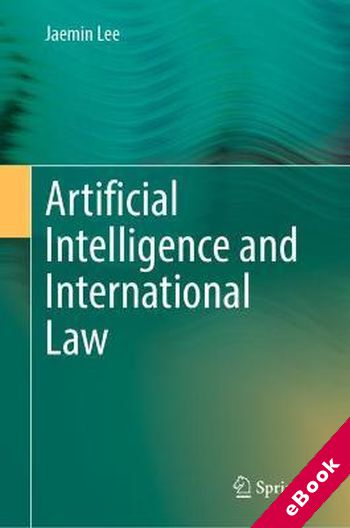
The device(s) you use to access the eBook content must be authorized with an Adobe ID before you download the product otherwise it will fail to register correctly.
For further information see https://www.wildy.com/ebook-formats
Once the order is confirmed an automated e-mail will be sent to you to allow you to download the eBook.
All eBooks are supplied firm sale and cannot be returned. If you believe there is a fault with your eBook then contact us on ebooks@wildy.com and we will help in resolving the issue. This does not affect your statutory rights.
This book examines the timely issue of artificial intelligence (AI) and law. At this moment, AI is rapidly developing and being utilized in many different sectors. Meanwhile, the rise of AI raises complex questions and poses new challenges-new products and services involving AI will require new regulations and standards to minimize potential negative side-effects and maximize the benefits of this new technology, both within domestic law and international law. Thus, this book focuses on the impact of AI on international law and seeks ways to develop international law frameworks to adequately address the challenges of the AI era. In this context, new forms of inter-state conflicts and emergence of new subjects and objects of international law are discussed along with relevant up-to-date developments in major jurisdictions. Issues arising from the advent of AI relating to state sovereignty, state responsibility, dispute settlements, and north-south divide are also considered.